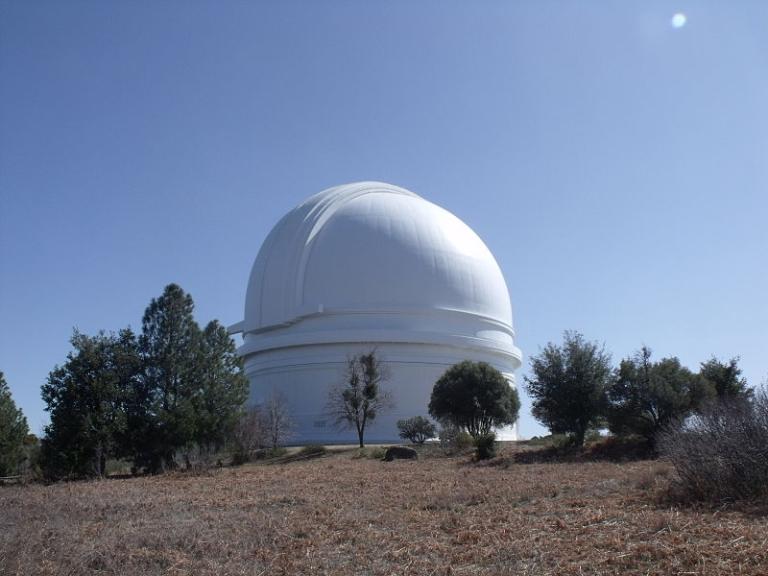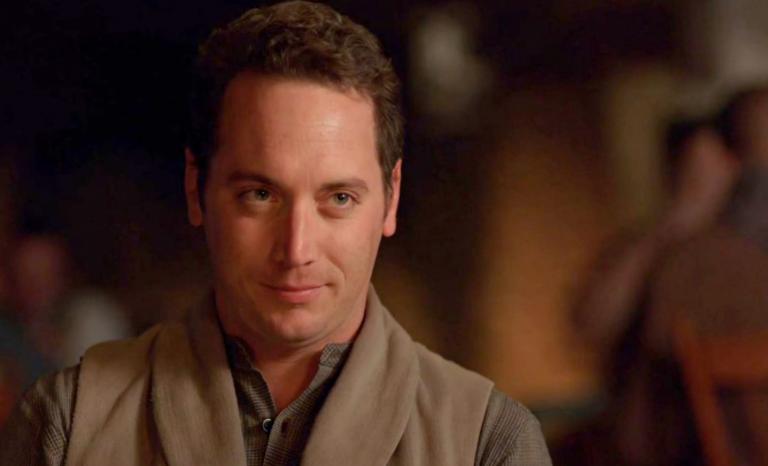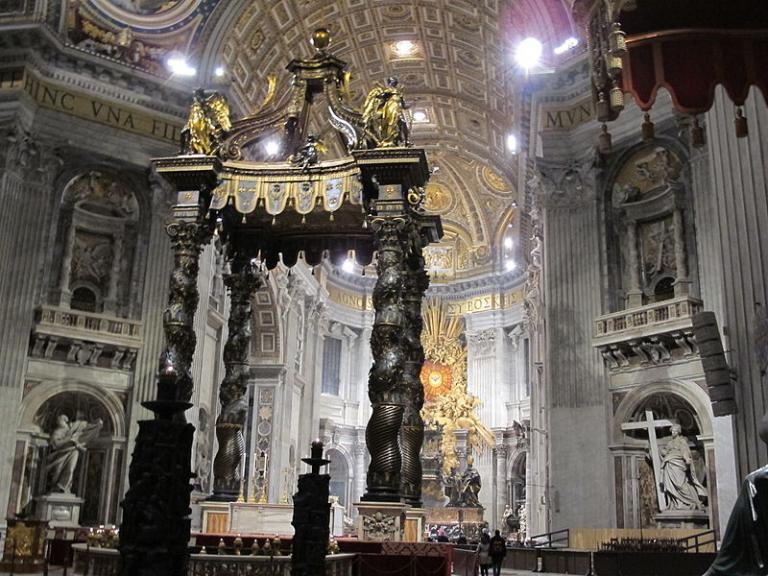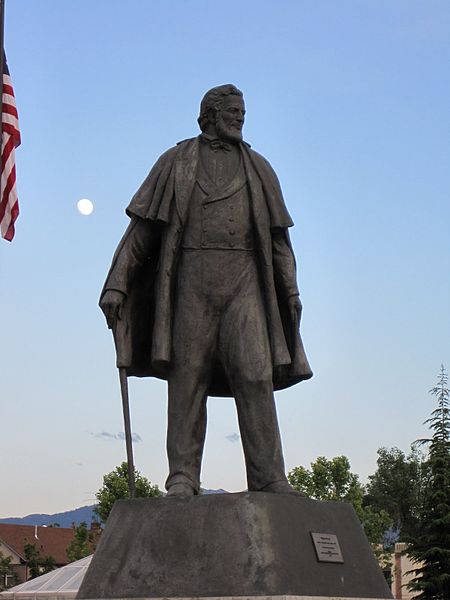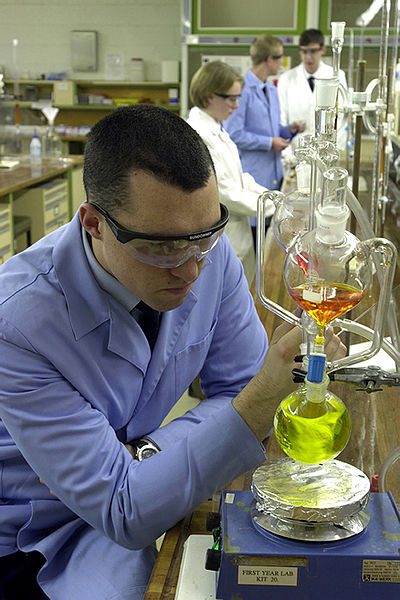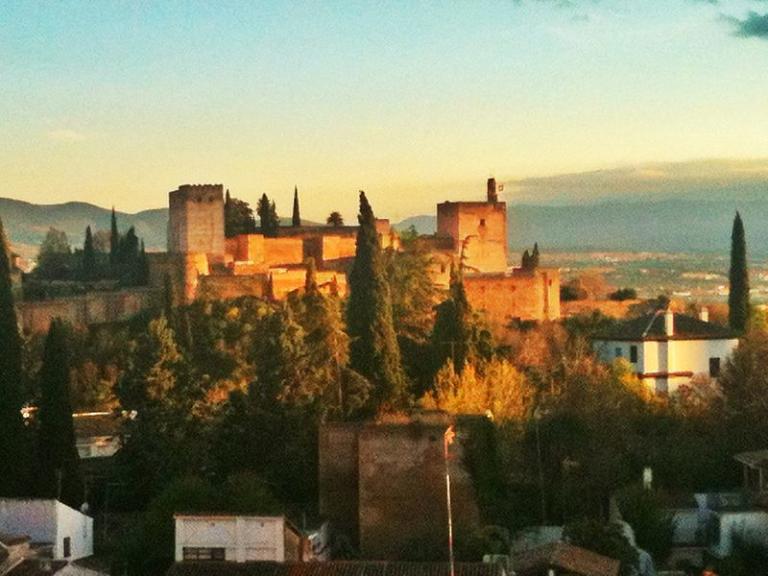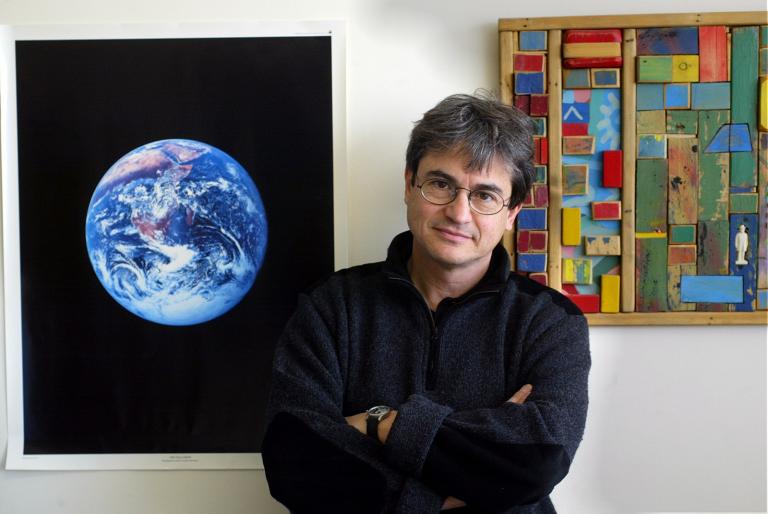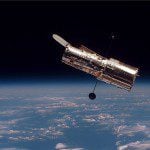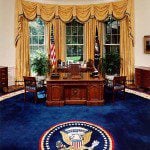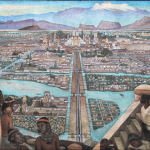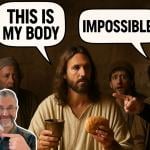Finally, I offer a grab bag of words on various subjects, to illustrate the wide range of things in everyday life that we either absolutely owe to the Arabs or for which we have borrowed words from the Arabic language. I start with something very near and dear to most of us—food. The names of many of our most common foods—artichoke and lemon, for instance—come from Arabic.[1] It was the Arabs who introduced isbanakh (spinach) into Spain, and... Read more



